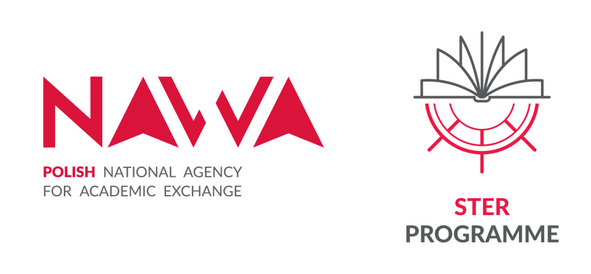Biomedical engineering is an interdisciplinary specialization that also includes many aspects of modern biotechnology. In this field, several research groups working at the Faculty of Chemistry of Gdańsk University of Technology (Gdańsk Tech) are focused on:
- Designing and optimization of the new diagnostic tests (based on PCR technique) for identification of important human and animal pathogens, mostly bacteria, fungi and parasites and also detection of genes responsible for drug resistance and/or coding for virulence factors (adhesins, proteases, lipases proteins involved in biofilm formation) of these pathogens;
- Elaboration of the methods of genotypic and phylogenetic differentiation of pathogenic bacteria and fungi;
- 3. Screening for microorganisms producing metabolites and enzymes of particular industrial (lipases, proteases, enzymes hydrolysing oligo and polysaccharides, pigments) and medical (bacteriocins, antimicrobial peptides, thermostable polymerases) importance;
- 4. Optimization of growths conditions to obtain the maximum efficiency for the production of active substances in the cells of native producers (macrolide, antifungal antibiotics, bacteriocins, antimicrobial peptides);
- 5. Construction of new expression systems of Escherichia coli and Pichia pastoris dedicated for the production of recombinant proteins;
- 6. Elaboration of E. coli expressions systems for efficient production of recombinant DNA polymerases and evaluation of their usefulness for PCR reaction;
- 7. Mutagenesis – changes of amino acid sequences of produced proteins for enhancement of their enzymatic potential or improvement of their performance properties (e.g. thermal stability, water-solubility, inhibition of formation of disulphide bridges);
- 8. Development and optimization of the methods of purification of recombinant proteins and metabolites that exhibit antimicrobial activity – mostly with a wide range of chromatography techniques;
- 9. Investigation of enzymatic activity or assessment of immunoprotective effectiveness of produced recombinant proteins (e.g. Toxoplasma gondi antigens);
- 10. Assessment of antimicrobial activity of produced antibiotics, bacteriocins and antimicrobial peptides.
Presented above research are carried out by the staff members of two departments: the Department of Molecular Biotechnology and Microbiology and the Department of Pharmaceutical Technology and Biotechnology.


